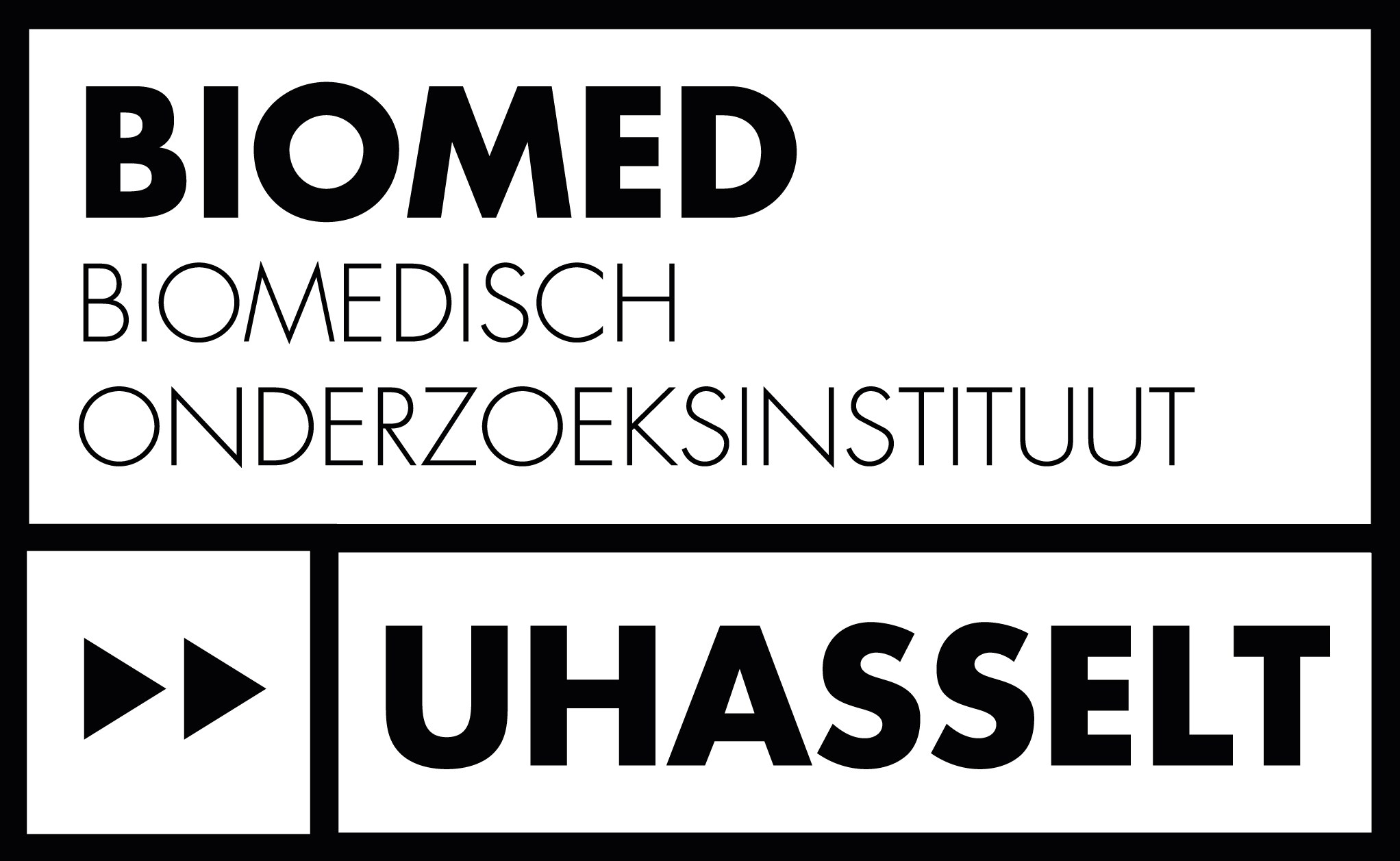Exercise Physiology and Sports Medical Center
"Exercise is Medicine!"
Prof. dr. Bert Op 't Eijnde
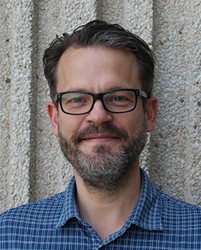
Exercise physiology
Sports medicine
Exercise therapy
Muscle energy metabolism
Muscle contractile properties
Contact
Tel: +32 (0)11 29 21 21
bert.opteijnde@uhasselt.be
Context
Context
Exercise physiology studies the physiology of physical exercise/activity. This involves the function of metabolic, cardiorespiratory, muscular and neuroendocrine/ immunological systems during/following physical activity, exercise & training.
Consequently, the sports community importantly relies on exercise physiology to enhance sports performance. As such, a wide range of exercise physiological studies contributed to sports performance optimization especially in elite sports. However, exercise physiological advances also help to reverse many inactivity-related comorbidities resulting from almost all chronic diseases.
In fact, to date it is clear that exercise therapy can reduce disease progression! In keeping with this we study the underlying mechanisms by which exercise therapy affects health-related outcomes in multiple sclerosis, heart failure, obesity, insulin resistance and type II diabetes and aging.
Within this context the ADLON Sports Medical Center (www.adlon.be) of our faculty offers a wide-range of performance tests for recreational and elite athletes.
Research interests & Methodological skills
Research interests & Methodological skills
- Exercise physiology & sports medicine related to (elite & amateur) sport performance, muscle contractile properties & energy metabolism in a wide range of sports activities.
- Exercise therapy (‘Exercise is Medicine’ concept). Applying sport sciences & exercise physiological methods/principles (training, periodization, supplements, …) to remediate inactivity/disuse associated with diabetes, obesity and a wide range of e.g. chronic diseases.
- Activity monitoring (LIPA, MIPA & HIPA) & training periodization (recently started research).
- Methodological skills:
- Exercise testing (human, animal).
- Muscle strength testing/evaluation (human, animal incl. whole and single muscle fiber evaluations) and histology.
- Body composition testing.
- Energy metabolism measurements (high-energy phosphates, glucose/glycogen, mitochondrial function [recently started] & metabolic pathways).
- Range of exercise physiology related animal experiments (muscle & hind quarter perfusions, hind quarter suspension, muscle sampling, heart perfusions, OGTTs, rodent treadmill training …).
- Elite sport testing (focus on performance & rehabilitation optimization).
Team
Team
dr. Charly Keytsman

dr. Pieter Van Noten
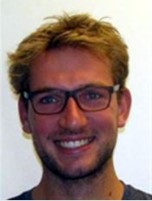
Jan Spaas, PhD student
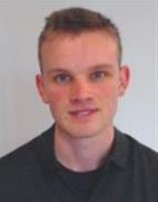
Wouter Franssen, PhD student
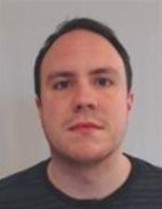
Ine Nieste, PhD student
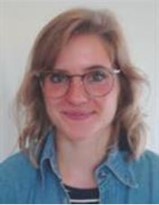
Key publications
Key publications
Op 't Eijnde B, Urso B, Richter EA, Greenhaff PL, Hespel P. Effect of oral creatine supplementation on human muscle GLUT4 protein content after immobilization. Diabetes, 50(1): 18-23, 2001.
Eijnde BO, Derave W, Richter EA, Wojtaszewski JFP, Hespel P. AMP-kinase expression and activity: effects of immobilization, retraining and creatine supplementation. J Appl Physiol 98: 1228-1233 2005.
Broekmans T, Roelants M, Feys P, Alders G, Gijbels D, Hanssen I, Stinissen P, Eijnde BO. Effects of long-term resistance training and simultaneous electro-stimulation on muscle strength and functional mobility in multiple sclerosis. Multiple Sclerosis 17(4): 468-477, 2011. (IF: 4,3)
Wens I, Dalgas U, Stenage E, Eijnde BO. Risk factors related to cardiovascular diseases and the metabolic syndrome in Multiple Sclerosis - a systematic review. Multiple Sclerosis 19(12): 1556-64, 2013.
Wens I, Hansen D, Verboven K, Deckx N, Kosten L, Stevens AL, Cools N, Eijnde BO. Impact of 24 Weeks of Resistance and Endurance Exercise on Glucose Tolerance in Persons with Multiple Sclerosis. American Journal Physical Medicine & Rehabilitation. 94(10 Suppl 1):838-47, 2015.
Keytsman C, Eijnde BO, Hansen D, Verboven K, Wens I. Elevated cardiovascular risk factors in Multiple Sclerosis. MS & Related Disorders. 17: 220-223, 2017.
